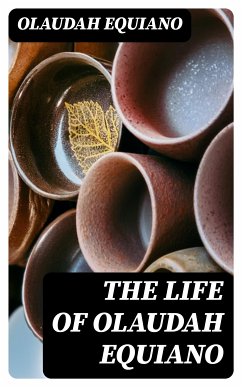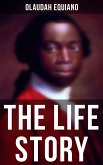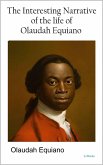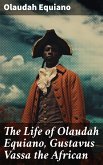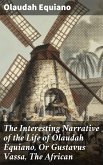Olaudah Equiano's 'The Life of Olaudah Equiano' is a poignant and groundbreaking autobiography that offers a first-person account of the harrowing experiences of the transatlantic slave trade. Written in a captivating prose style, Equiano skillfully intertwines narrative storytelling with historical documentation, illustrating the horrors of slavery alongside his own journey from captivity to eventual freedom and life as an influential abolitionist. This work stands as a significant testament to the fight for human rights in the 18th century, contextualizing the broader socio-political realities of the time while challenging the prevalent narratives around race and slavery. Equiano was born in what is now Nigeria and was forcibly taken into slavery at a young age. His unique perspective as both a former slave and a later proponent of abolition has informed his articulate advocacy against the institution of slavery. His exposure to diverse cultures, languages, and social systems throughout his life profoundly shaped his views on freedom and equality, compelling him to document his story as a means of educating others and invoking change. This remarkable autobiography is highly recommended for those seeking an authentic and profound insight into the life of a formerly enslaved individual. Equiano's eloquence and moral conviction not only invite empathy but also incite critical reflections on humanity's past and the collective responsibility for justice today.
Dieser Download kann aus rechtlichen Gründen nur mit Rechnungsadresse in A, B, BG, CY, CZ, D, DK, EW, E, FIN, F, GR, H, IRL, I, LT, L, LR, M, NL, PL, P, R, S, SLO, SK ausgeliefert werden.

